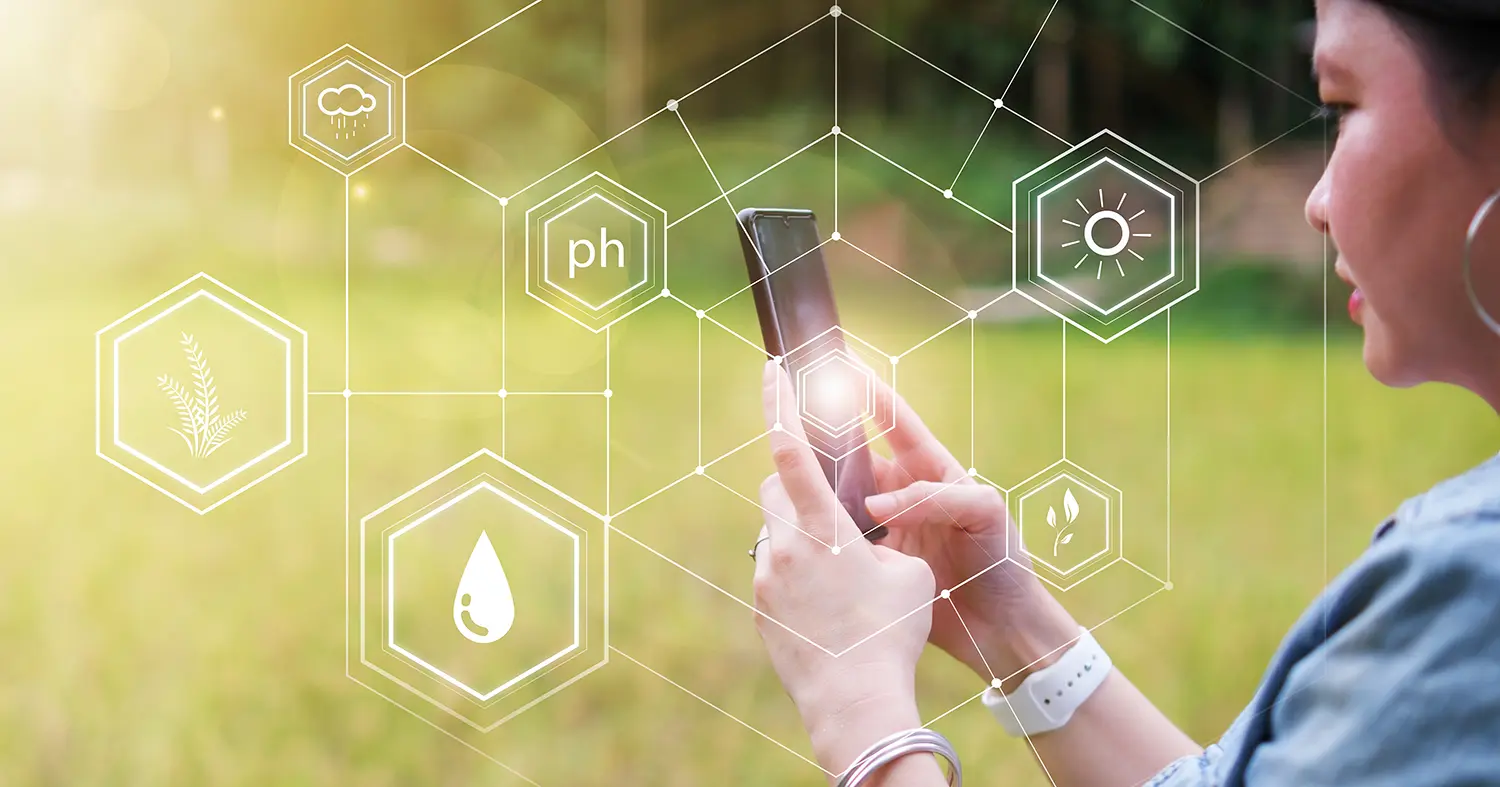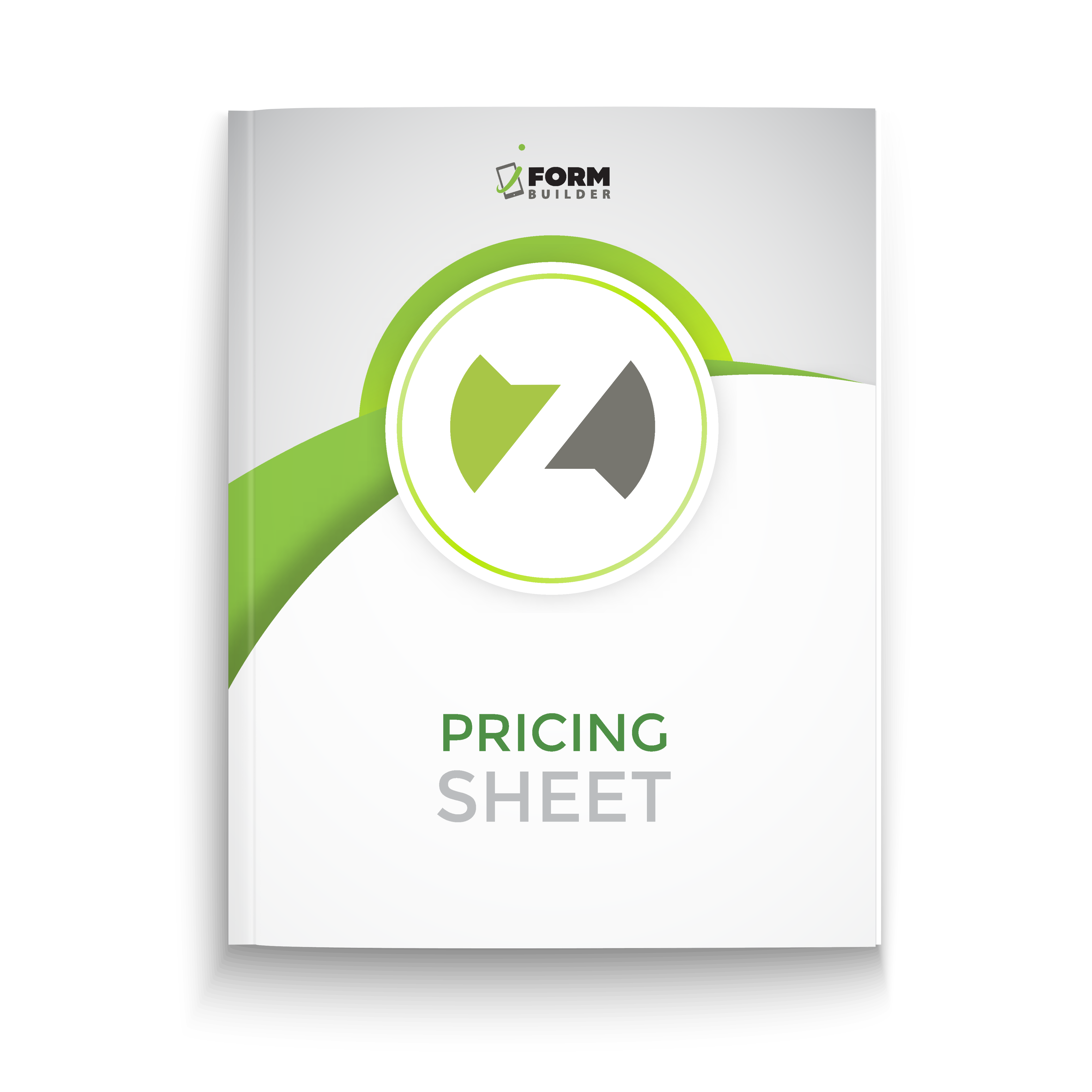In the modern era, the agriculture industry is undergoing a profound transformation with the integration of Artificial Intelligence (AI). This groundbreaking synergy between technology and agriculture is paving the way for increased efficiency, sustainability, and productivity. In this blog post, we’ll explore the key aspects of integrating AI into agriculture and the promising future it holds for farmers and the global food supply.
Precision Farming: Enhancing Efficiency
One of the primary applications of AI in agriculture is precision farming, a practice that involves using technology to optimize field-level management. AI algorithms analyze data from various sources such as sensors, drones, and satellite imagery to provide farmers with valuable insights. This enables precise decision-making regarding irrigation, fertilization, and pesticide use, leading to optimal resource utilization and increased crop yields.
Automated Monitoring and Predictive Analytics
AI-powered sensors and monitoring systems collect real-time data on crop health, soil conditions, and weather patterns. Through machine learning algorithms, these systems can predict potential issues such as pest infestations or disease outbreaks. Farmers receive timely alerts and recommendations, allowing for proactive measures to be taken, ultimately reducing the risk of crop loss and improving overall farm management.
Smart Machinery and Robotics
AI-driven robotics and autonomous machinery are revolutionizing traditional farming practices. Smart tractors equipped with computer vision and machine learning capabilities can precisely plant, fertilize, and harvest crops. These machines operate efficiently, saving time and labor costs while minimizing environmental impact. The integration of robotics into agriculture not only addresses labor shortages but also optimizes tasks with precision and consistency.
Crop Monitoring and Yield Prediction
AI algorithms analyze images captured by drones or satellite imagery to monitor crop growth throughout the season. By assessing factors such as plant health, size, and density, AI can predict crop yields accurately. This information empowers farmers to make informed decisions about harvesting timelines, market strategies, and resource allocation.
Sustainable Agriculture Practices
The use of AI in agriculture aligns with the growing emphasis on sustainability. By optimizing resource management, reducing waste, and minimizing the environmental impact of farming practices, AI contributes to creating a more sustainable and eco-friendly agricultural ecosystem. Precision agriculture techniques supported by AI help farmers adopt a more holistic and environmentally conscious approach to food production.
Decision Support Systems
AI provides farmers with decision support systems that leverage historical data, weather patterns, and market trends to optimize planting schedules and crop selection. This helps farmers make strategic decisions that align with market demands, reduce waste, and maximize profits. The ability to make data-driven decisions is a cornerstone of sustainable and economically viable farming practices.
Cultivating the Future
Integrating AI into agriculture is not just a technological advancement; it’s a fundamental shift in how we cultivate the land and feed the world. From precision farming and smart machinery to sustainable practices, AI offers a spectrum of solutions that address the challenges faced by the agriculture industry. As we continue to innovate and collaborate, the marriage of technology and agriculture holds the promise of a more efficient, resilient, and sustainable future for farmers and consumers alike.
The integration of AI into agriculture is a journey towards cultivating not just crops but a future where technology plays a pivotal role in securing food for a growing global population. As farmers embrace these advancements, the agricultural landscape is set to transform, fostering a more resilient and sustainable future for generations to come.



